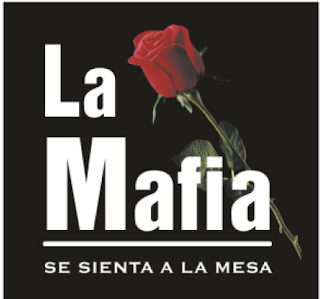Does the InfoSoc Directive envisage digital exhaustion? Questions in the Tom Kabinet CJEU reference finalized (at last)

Several months ago this blog reported that the longstanding litigation in The Netherlands against second-hand ebook e-book trader Tom Kabinet would result in a reference for a preliminary ruling to the Court of Justice of the European Union (CJEU) asking whether the InfoSoc Directive allows 'digital exhaustion'. In a 2017 decision the Rechtbank Den Haag (Court of The Hague) held that Tom Kabinet is not liable for unauthorized acts of communication to the public under the Dutch equivalent of Article 3(1) of the InfoSoc Directive. However, that court deemed it unclear whether the defendant could invoke the digital exhaustion of the right of distribution in relation to its e-book business. Now, The IPKat has learned (again, thanks to @TreatyNotifier ) that - at last - the questions for the CJEU have been finalized . Here they are [WARNING: the translation from Dutch is mine … thanks to Google T...




